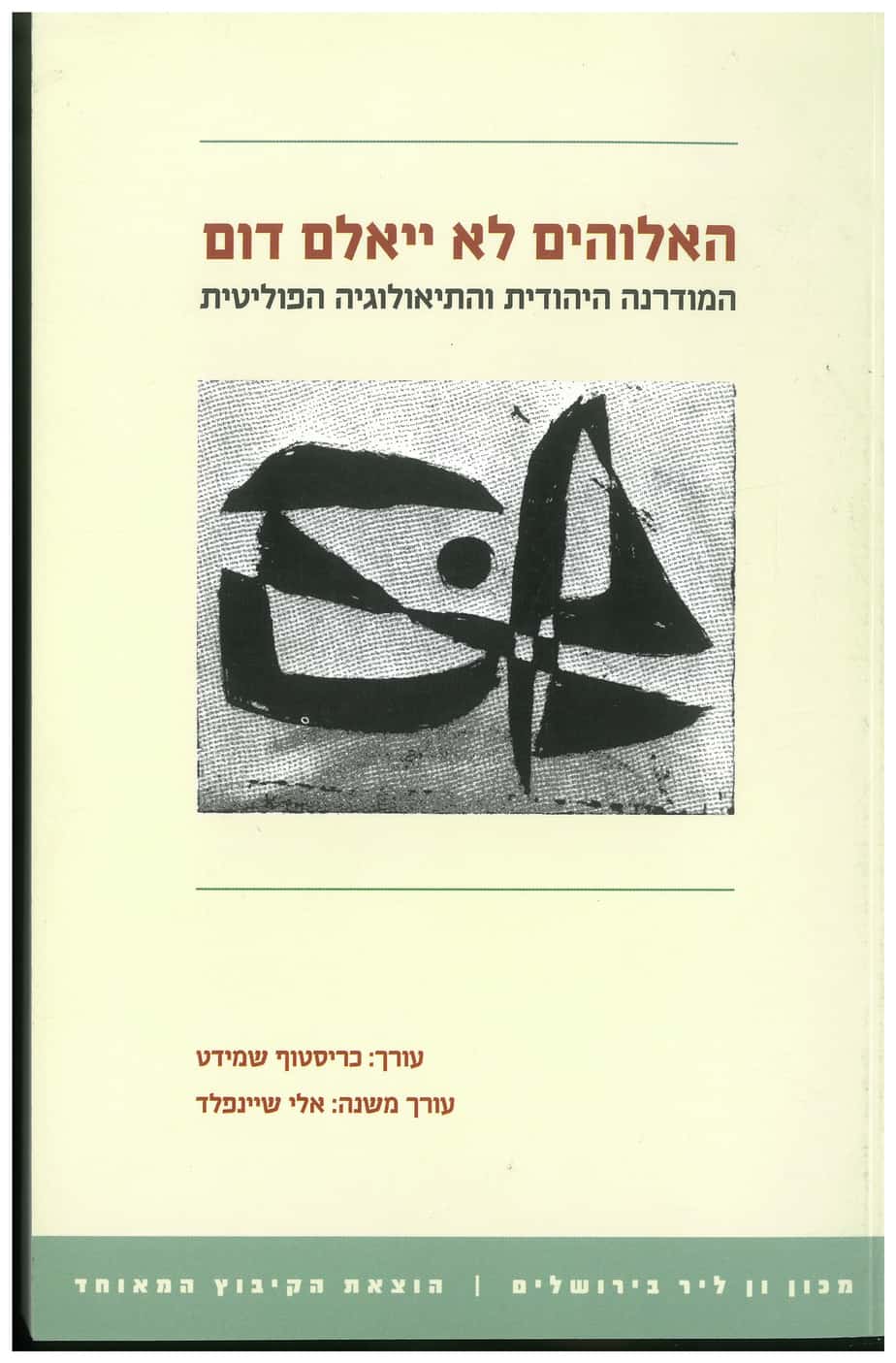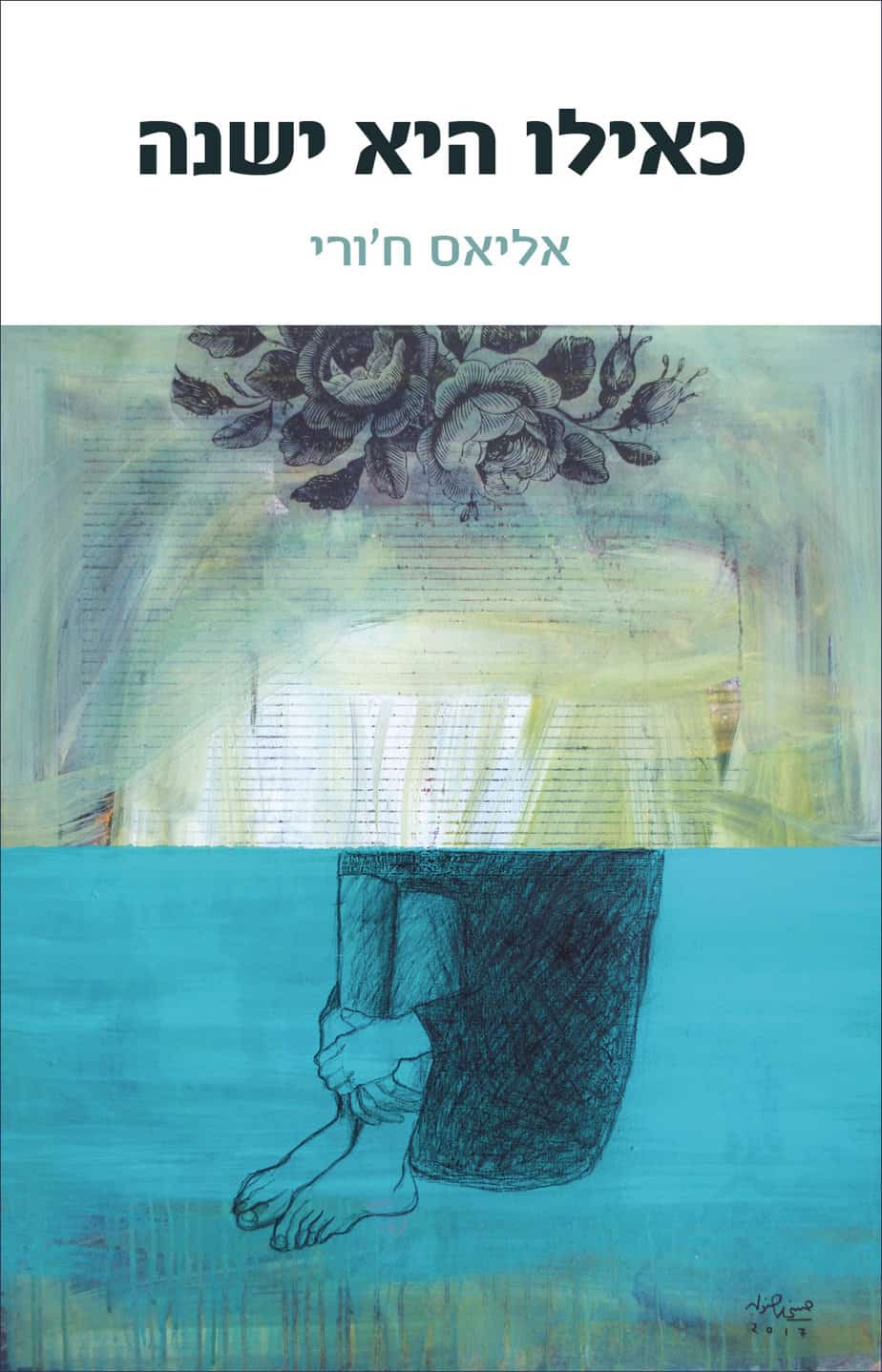God Will Not Stand Still
Jewish Modernity and Political Theology
| Edited by | Eli Schonfeld, Christoph Schmidt |
| Publisher | Van Leer Institute Press and Hakibbutz Hameuchad |
| Language | Hebrew |
| Year of Publication | 2009 |
| Series | Theory in Context Series |
God Will Not Stand Still: Jewish Modernity and Political Theology is a first attempt to present Jewish modernity and Zionism from the perspective of the theologico-political problem. It seeks to plumb the depths of the theologico-political abyss created by the secularization of Jewish culture, in light of the internal tension between secularization and religion that typifies European society. Underlying the book is the view that the secularization of Jewish culture has ambivalent meanings: On the one hand, secularization led to the disconnection from rabbinical, halakhic religion, but on the other hand, it led to the connection with the messianic dimension of Judaism, based on a political interpretation of the religion.
Even though since the 1920s Jewish philosophy has been clearly theologico-political, until recently there was clear opposition to the use of this discourse in the Jewish-Zionist context. The book seeks to restore this important philosophical dimension to the discussion, by taking the first steps toward laying out a map of the modern Jewish theologico-political tradition, in all its diversity, starting with Baruch Spinoza and Moses Mendelssohn, including Yaakov Klatchkin, Franz Rosenzweig, Rabbi Yitzhak Breuer, Leo Strauss, and Yeshayahu Leibowitz, and ending with David Ben-Gurion, with the poetry of Natan Alterman and with the thought of former members of the labor movement. The book’s focus is in line with the increasing engagement with the subject in the Western world, following the crisis of secularization and the theological shift of postmodernism, and mainly after the September 2001 terror attacks and the rise of Islamic fundamentalism.
The papers in the book were written by the members and guests of a discussion group on Jewish modernity and political theology at the Van Leer Jerusalem Institute, from 1998 to 2006, and the authors grapple with the range of questions this issue raises from a variety of disciplinary perspectives.




